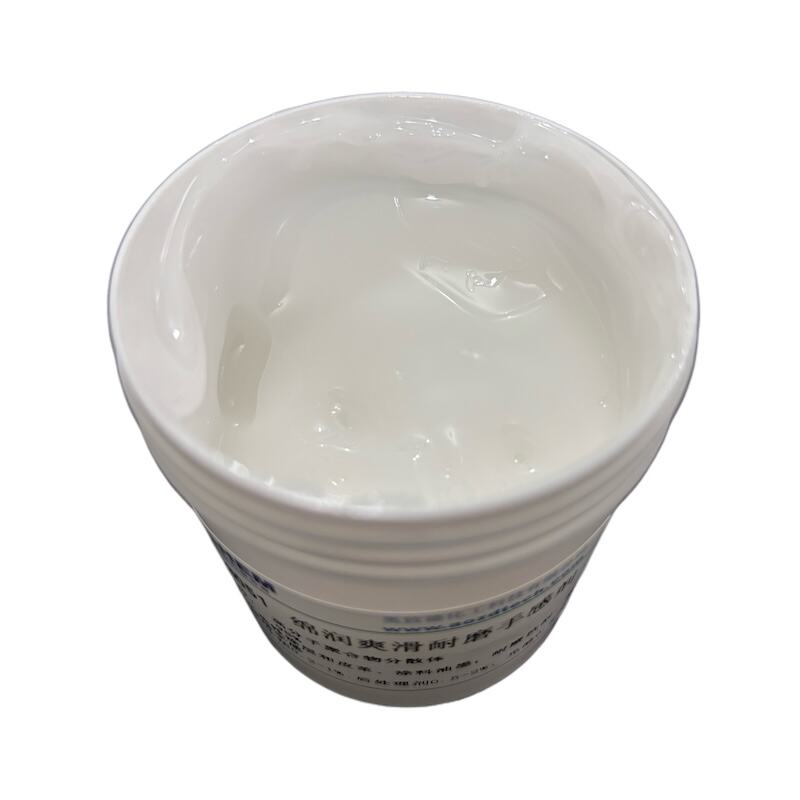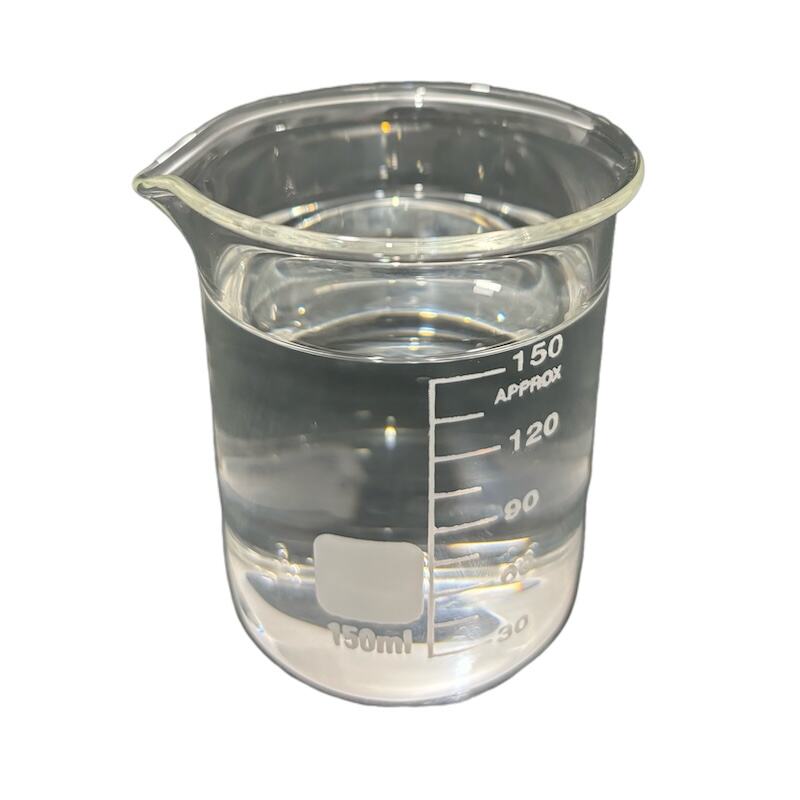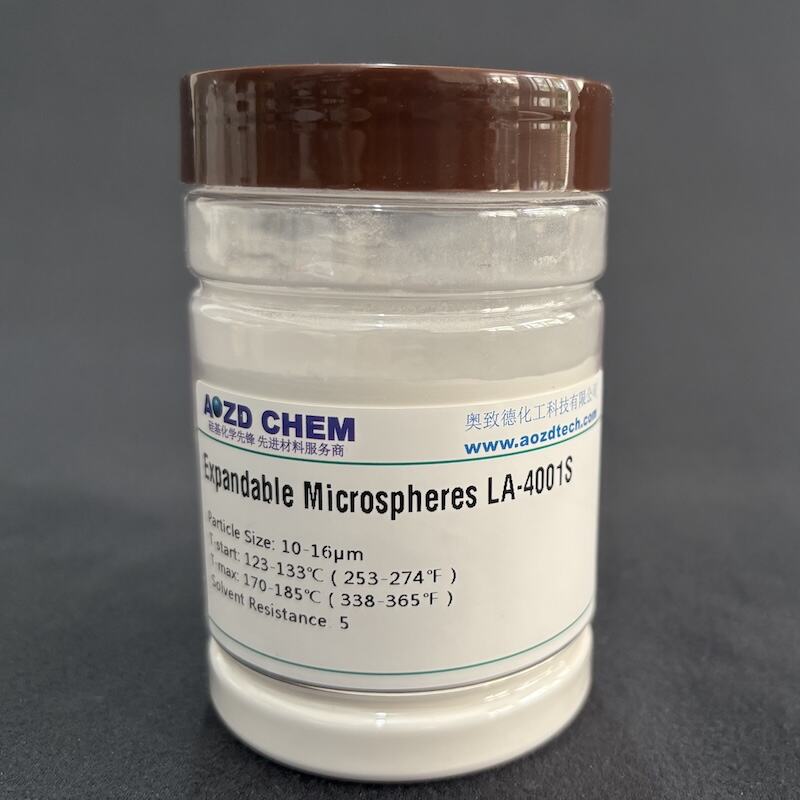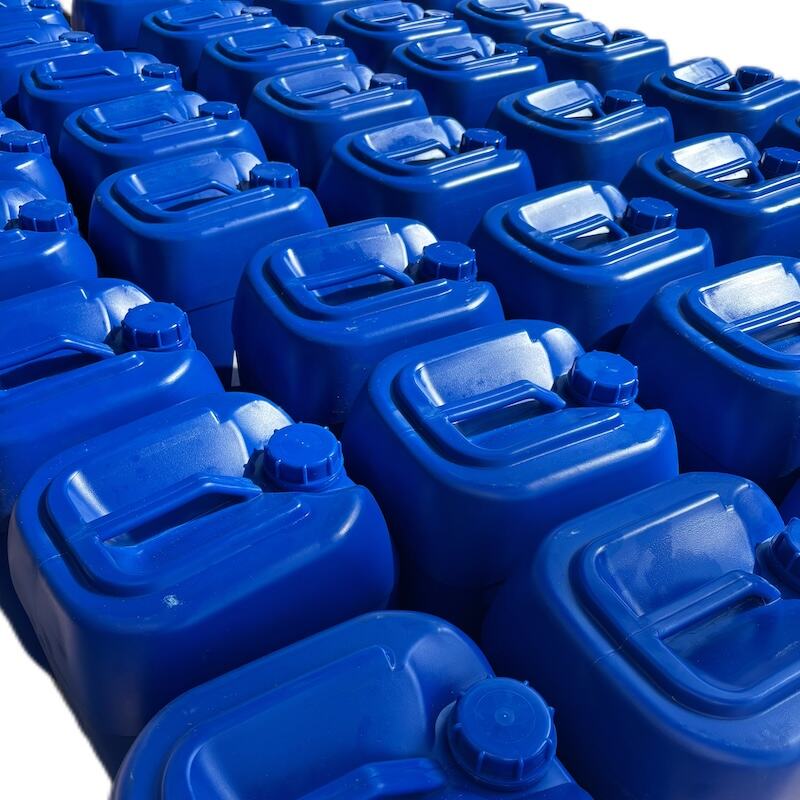organic leather additives
Organic leather additives represent a revolutionary advancement in sustainable leather processing technology. These eco-friendly compounds are specifically formulated to enhance leather quality while maintaining environmental responsibility. The additives encompass a range of natural substances derived from renewable resources, including plant-based oils, biological enzymes, and organic tanning agents. These components work synergistically to improve leather characteristics such as softness, durability, and water resistance. The technology behind organic leather additives focuses on molecular-level integration with leather fibers, ensuring deep penetration and lasting results. These additives are particularly valuable in their ability to replace traditional chemical treatments, offering comparable or superior performance without environmental drawbacks. They find widespread application across various leather processing stages, from pre-tanning to finishing. The additives are especially crucial in premium leather production, where they contribute to creating high-quality, environmentally conscious products that meet modern sustainability standards while maintaining exceptional performance characteristics.








